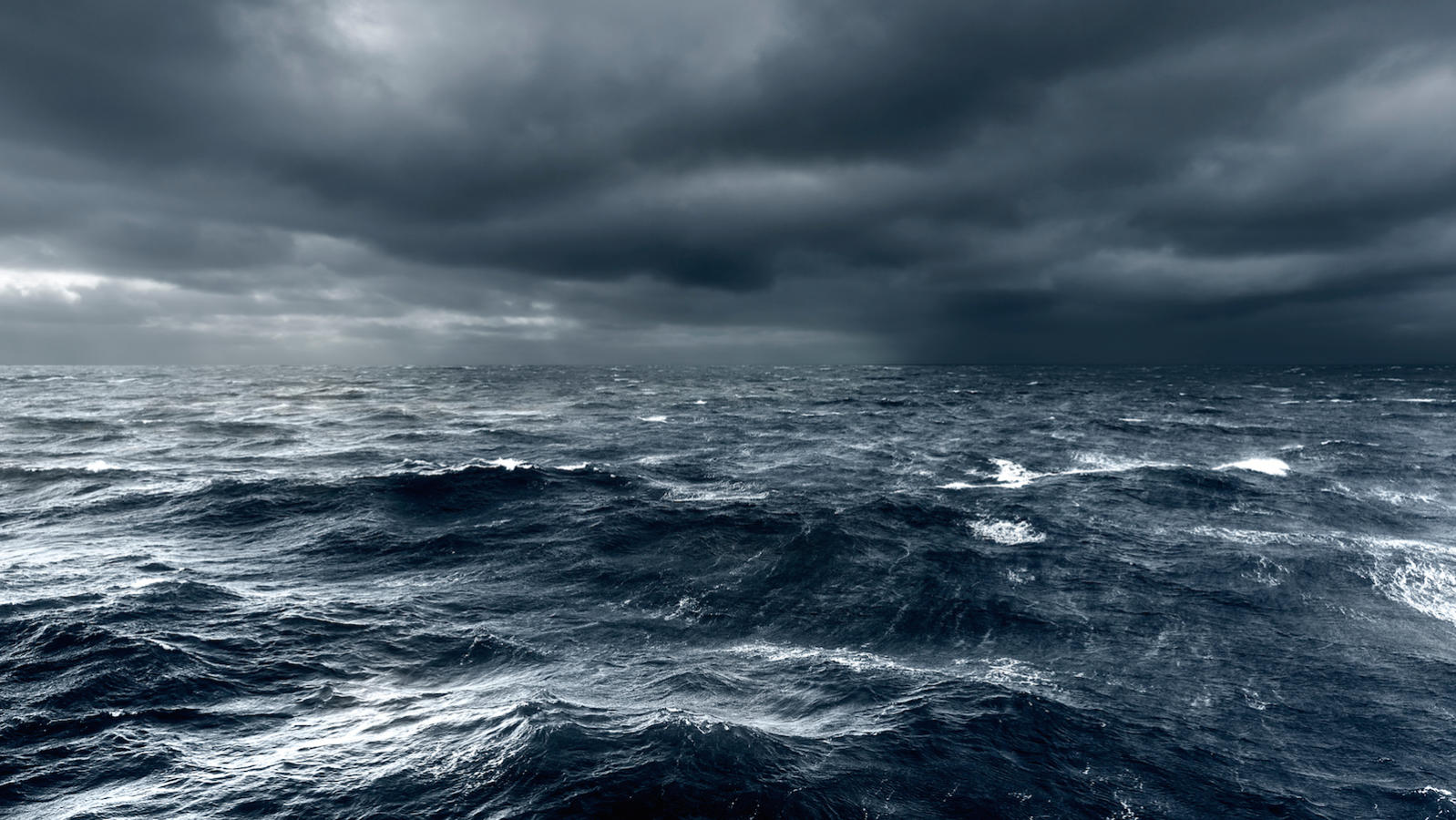Commentary on Parashat Noach, Genesis 6:9 - 11:32
The weekly Haftarah is often a single-minded metaphor for the week’s Torah portion. Yet in Haftarat Noach, Isaiah employs metaphors of his own on several layers. He speaks of the exiled nation of Israel as a woman unable to have children, stranded in despair, but about to be redeemed.
“Sing, o barren woman!” he proclaims (Isaiah 54:1), before instructing her to prepare her house for children, letting her know that she soon will no longer be barren. “Enlarge the space of your tent….lengthen the cords and strengthen your pegs, for southward and northward you shall spread out mightily; your children shall dispossess nations.”
Isaiah is not talking about a literally barren woman. He’s prophesying to the exiled nation of Israel, telling them to be ready because their redemption from the Babylonian Exile will be imminent. He may also be addressing the land of Israel itself, saying, “Get ready, because we are coming back.”
In verse 9, Isaiah makes the parallel to the story of Noah explicit. “As I have promised never again to pass the days of Noah over the Earth, so have I promised not to be wrathful with you or rebuke you, ,” he says. On paper (or on parchment), there’s an additional pun in Isaiah’s words–the Hebrew phrase “like the waters of Noah,” or ki’may Noah, can also be read, ki’yemei Noah, as in “the times of Noah.”
Nothing Is Permanent
From there, Isaiah emphasizes the temporariness of everything, even nature: “The mountains may be moved and the hills may falter, but my kindness shall not be removed from you and my covenant of peace shall not falter (54:10).” And although not everything bad comes from God: “Should any attack you, it will not be my doing (54:15).” God promises to always, in the end, step in and save the day: “whoever attacks you will fall because of me (54:15).”
These are lush and fruitful promises, but the situation in Isaiah’s time was, in a way, both dire and hopeful. The entire nation of Jews was exiled in Babylon, taken to the lowest of the low, but world events and Isaiah’s flood of prophecies foretold both a dramatic reversal of fortune, and the Jews’ eventual return.
This, too, is a parallel to the Torah portion. God started out with a perfect, idyllic creation; then little by little–Adam and Eve eating the fruit; Abel’s murder; the lawlessness and violence of Noah’s era–the world grew farther and farther from perfection, until God decided to start the world over again.
Through comparing these similarities, the rabbis and Isaiah were hoping to draw a comparison between the renewal of the Earth after the Flood, the return to Zion prophesied by Isaiah, and the final, ultimate redemption of the Messiah and the World to Come. The Haftarah ends on a note that is part prophecy, part command: “A nation that you did not know will run to you, for the sake of Your God.” One day, the Jewish nation will be the inspiration for others, even nations who have never before met a Jew.
Torah
Pronunced: TORE-uh, Origin: Hebrew, the Five Books of Moses.



